Finish Him! In Defence of Mortal Kombat (1995)
January 6, 2023 By Go BackComing to the defence of a movie like 1995’s Mortal Kombat is at once both impossible and unnecessary. It’s a movie that is tough to argue is great cinema and yet, it’s also the kind of movie that a large portion of the population will happily have a great time with, myself included. Time has largely been kind to the movie which has an exuberance and scrappy feel that can’t be denied. So, this month as we return to the tournament, I wanted to finish any arguments that this film is detritus that’s best left in the 90s.
The early 90s were a time when, after the second video game boom in the late 80s, producers were very hot on the idea of bringing games to the big screen. Super Mario Bros. kicked the door open and by the mid 90s there was a rush on fighting games with Double Dragon and Street Fighter in production.
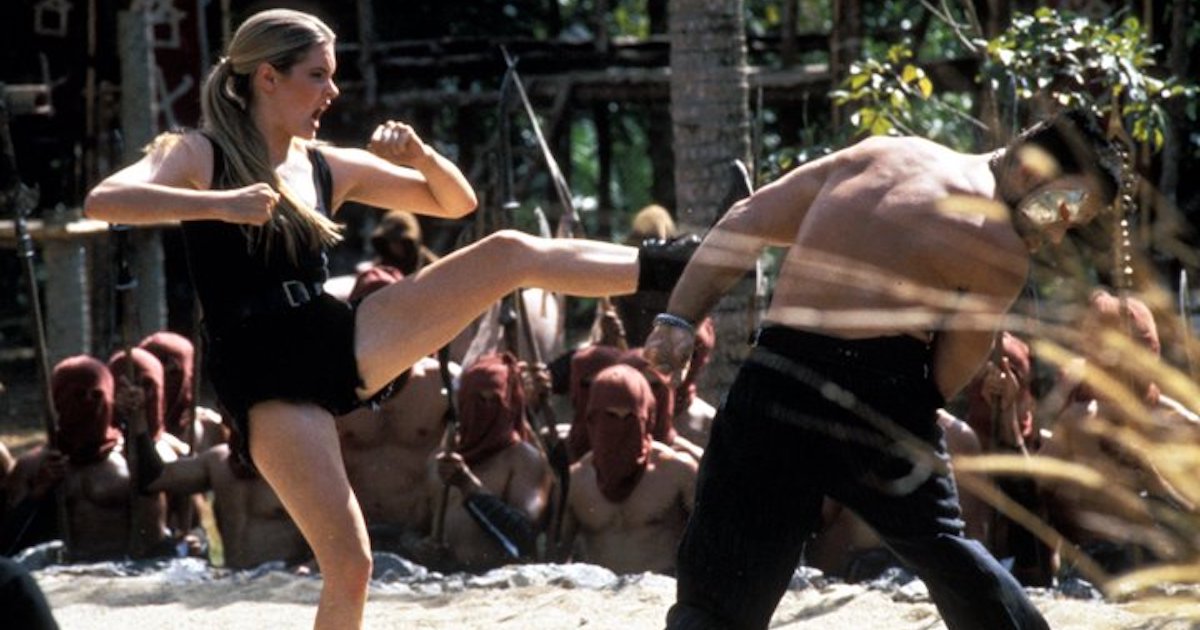
The game Mortal Kombat was only an arcade release when it caught producer Lawrence Kasanoff’s eye. He’d struck gold in the 90s teaming with Kathryn Bigelow for her film Blue Steel and her then partner James Cameron for True Lies, but it’s obvious Mortal Kombat and its bankability is more tied to his past as a video era exploitation producer. Infamous video store staples he produced like Blood Diner, A Gnome Named Gnorm, Class of 1999 and Ghoulies 3: Ghoulies Go to College have more in common with the final film of Mortal Kombat and I’d argue that’s a good thing.
Mortal Kombat relies almost entirely on audiences’ knowledge of the game to draw them in, featuring at best two “big name” stars in Christopher Lambert and Bridgette Wilson (a last minute sub for an injured Cameron Diaz). Kasanoff also took a wild swing on a fairly unknown director: Paul Anderson. He had a big hit with stylish and low budget action film Shopping (1994) but hadn’t become an action helmer so ubiquitous he had to add a W.S. initial to his name so he wasn’t confused with Paul Thomas Anderson. Kasanoff and Anderson, along with their stars, seemed to all be on the same page about what the real point of this movie was: The silly joy 90s kids found in of beating the crap out of each other.
Where audiences find faults in Mortal Kombat tends to be around its cheap sets and shoddy CGI, but with a modern lens it’s easy to tell this film isn’t so much trying to be a Hollywood blockbuster as it is trying to be a Hong Kong martial arts film of the 80s/90s or micro-budget direct-to-video action movie you’d get from Albert Pyun. While it does have beautiful locations in southeast Asia it’s not trying to pretend the mythical ‘Outworld’ is anything but a cheap set that looks like Legends of the Hidden Temple.
It’s said Anderson let the actors riff whatever dialogue they pleased and that seemed like a good idea as it often led to unusual and quotable quips that, if nothing else, keeps a charming atmosphere on screen. The fights are also pretty solid for the time, with most of the cast filled with young martial artists like Linden Ashby and Robin Shou in an era where most audiences were still putting up with Chuck Norris and Steven Seagal. In fact, the game and thus the film obviously draws inspiration from Enter the Dragon, but manages to feature an amount of actual fighting that puts 70s North American marital arts cinema to shame. It’s also worth saying that an Asian-lead movie in the 90s was still a rarity in North America and this cast is effortlessly diverse, even if Lambert’s casting as a seemingly South Asian god strikes an odd tone.
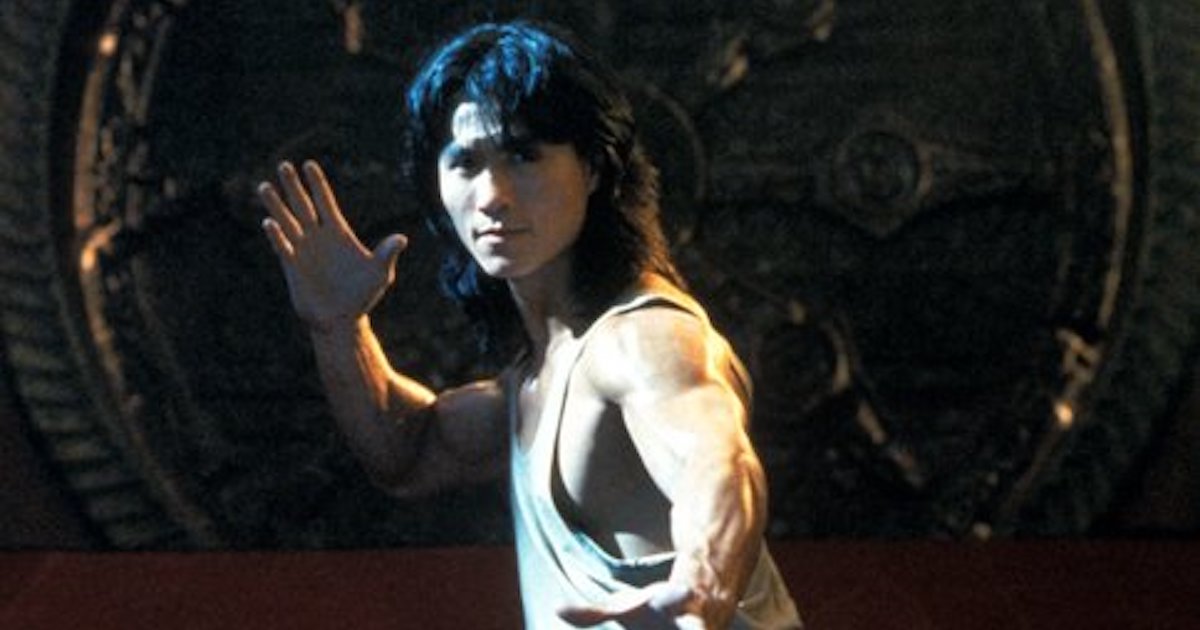
Successful films are often stripped of the ability to read them as interesting products of their time. Unusual and outsider choices get lost when movies make millions or are based on a massive property, but Mortal Kombat defies that. It’s a charmingly idiosyncratic film that embraces the nonsense of its premise, moves at a breakneck pace, and isn’t afraid to lean into some of the homoerotic muscle-gazing inherent in the source material. It undeniably pulled its punches when it came to the game’s infamous violence for the sake of a family friendly rating, but that’s all part and parcel with the direct-to-video action exploitation feel. It is a shoddy seeming blockbuster, but compared to its DTV counterparts in the 90s it’s a dazzling spectacle.
As music ages it’s afforded the “warmth of vinyl” and here it’s somewhat the same thing where looking back at Mortal Kombat you get a nostalgic feeling for 90s maximalism and the kind of movie you may have accidentally stumbled across at the video store. At the very least, I defy you to not hear those first strains of “Techno Syndrome” and not get a little excited for to watch some fighting!
Find the next play times for Mortal Kombat (1995) on Hollywood Suite.






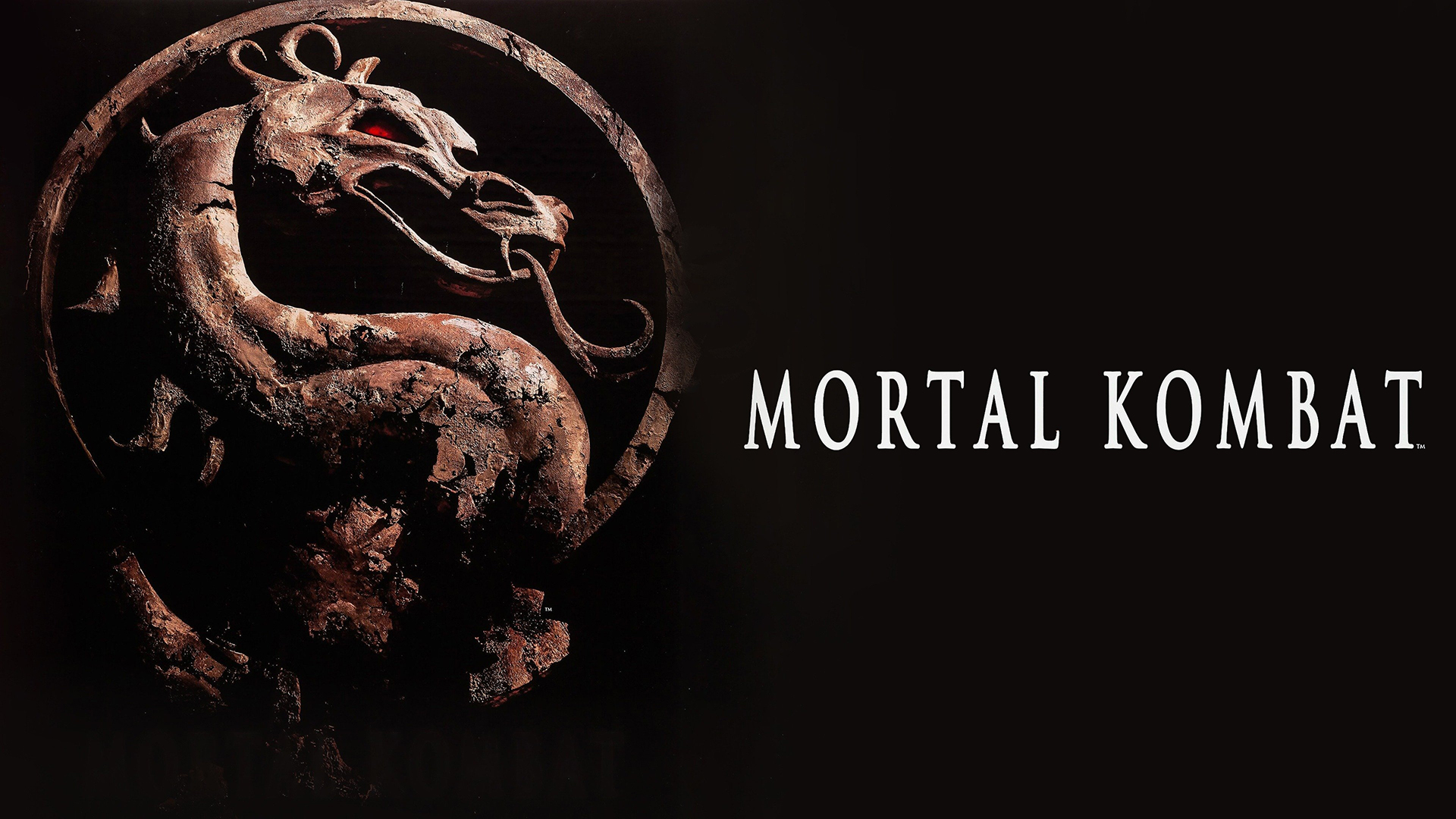
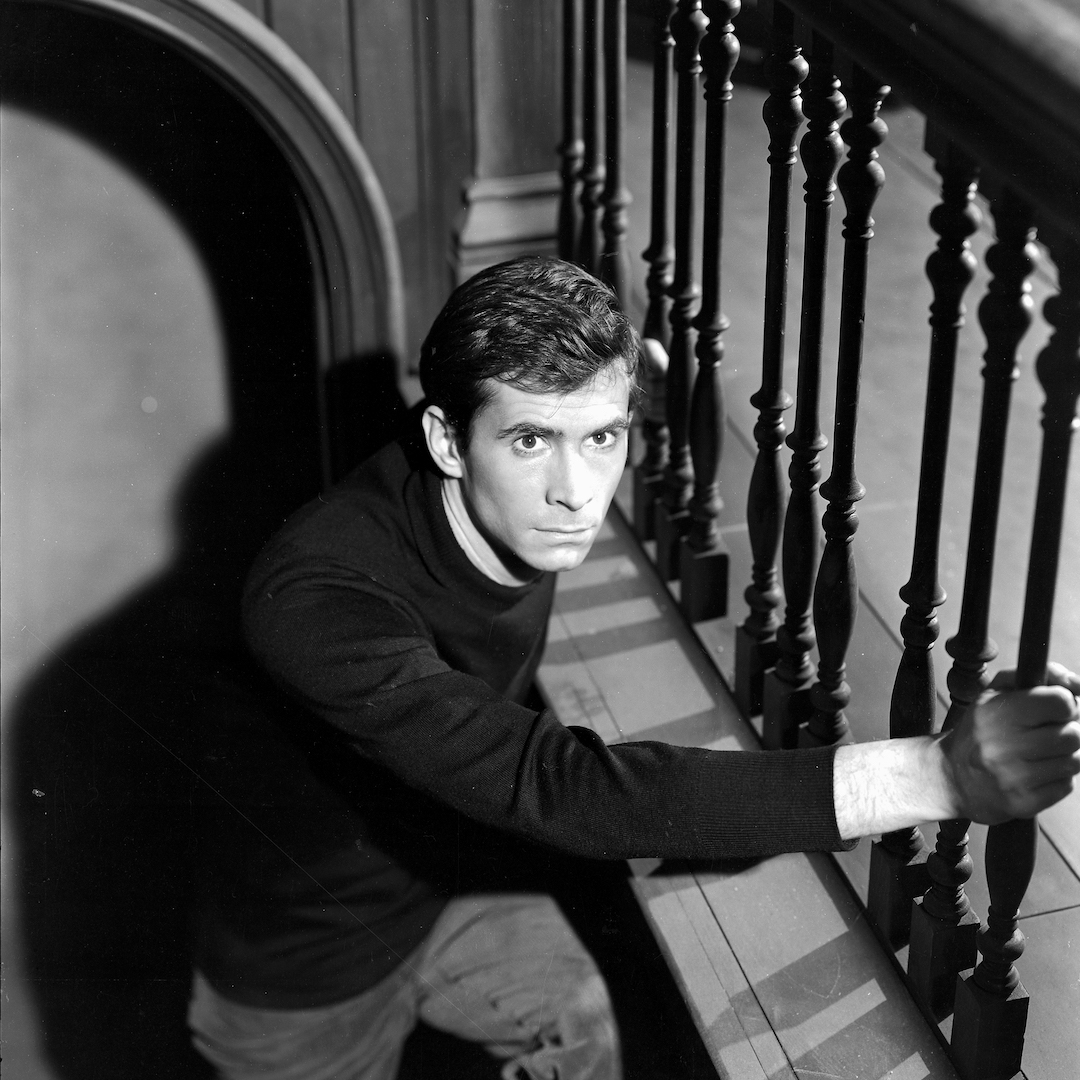


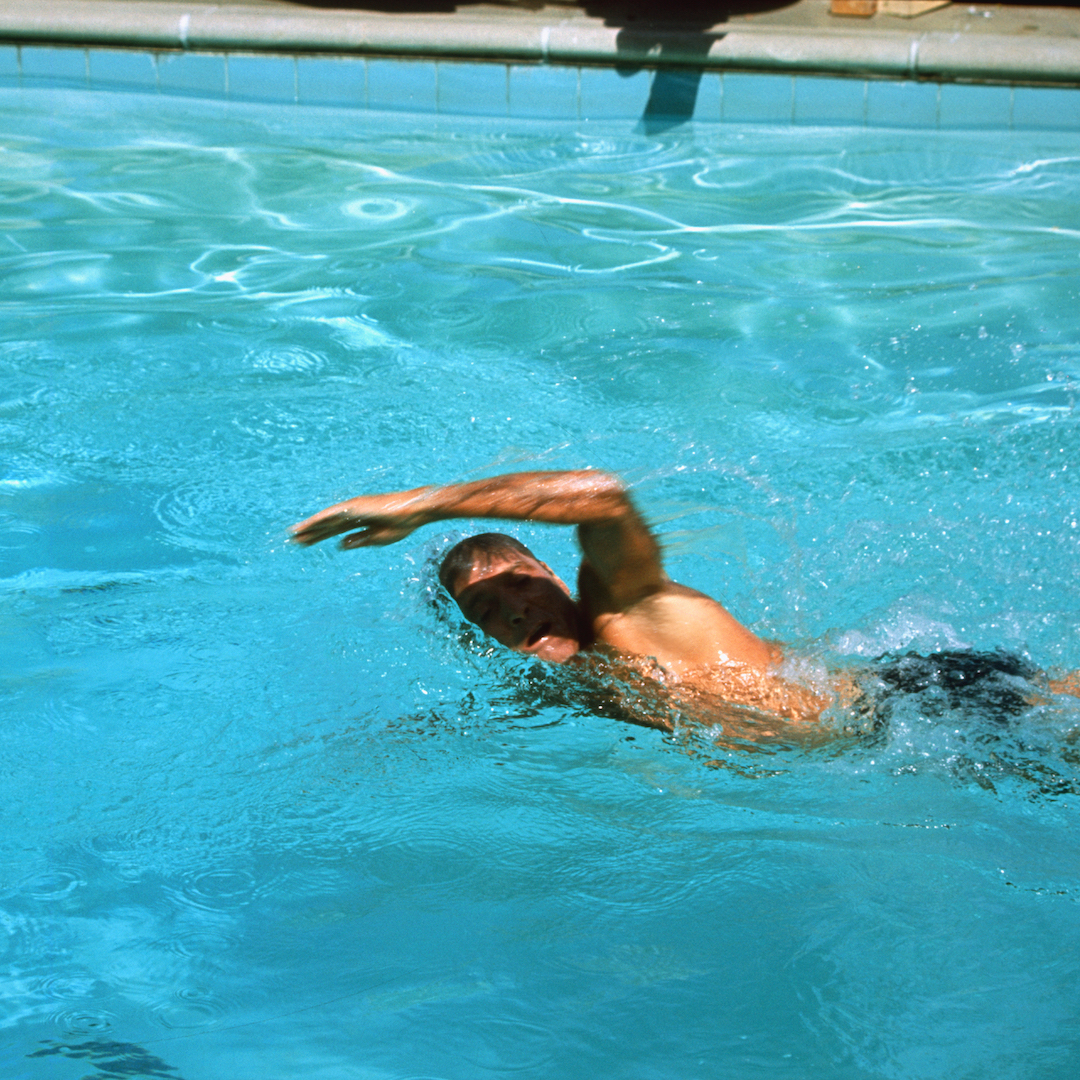

 Follow us on Instagram
Follow us on Instagram